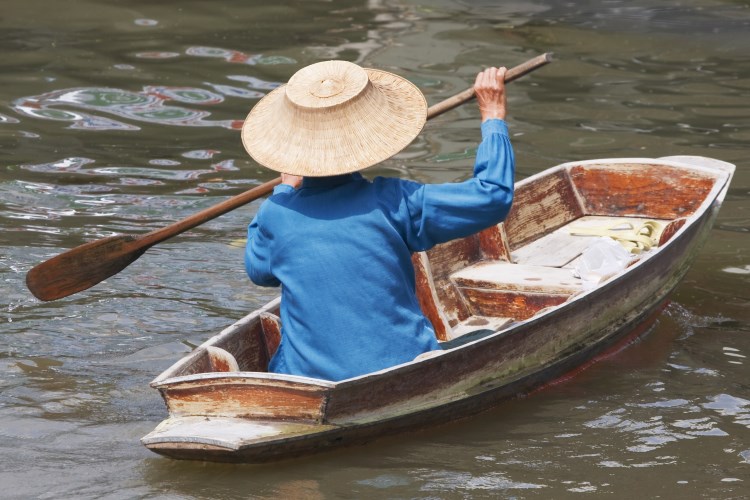The tendency for Eastern cultures to “treat older adults with more respect comes from the Confucian values that guide these cultures. Confucian values promote a positive view of aging, which encourages younger generations to treat older adults with respect, obedience, and care. Western cultures tend to have more youth-centered societies that place value in young adults rather than older adults. This way of thinking stems from Protestant values that tie an individual’s worth to their ability to work and be an active member of society.” So how has our youth-centered culture impacted the self-esteem of our aging population, specifically older women?
Older women often find themselves contending with ageism, misogyny and loss. Despite these challenges, Mary Pipher author of “Women Rowing North,” reports that older women are “deeply happy and filled with gratitude for the gifts of life. Their struggles help them grow into the authentic, empathetic, and wise people they have always wanted to be.
In “Women Rowing North,” Pipher details some of the protective factors to ensure women remain emotionally and physically happy as they age:
-We need one person who consistently cares about us.
-To be fully human, we need to feel embedded in community. Isolation is the greatest risk factor for overall decline.
-It is important to have multiple activities that we can enjoy alone.
-We need to have a strong sense of ourselves and our own needs in shifting situations. That requires paying attention to our intuition or our “inner voice” that wants the best for us, not the societal mandates that educate women to be responsible and nurturing beings, constantly monitoring others’ emotions to ensure their happiness and avoiding “unladylike” qualities like anger. When we sort out what we truly desire, we can go for it.
-As humans, we can’t understand ourselves completely as we are stymied by ignorance, confusion, limited points of view and ego defenses that prevent us from understanding everything. As we age and grow wiser, we become better able to distinguish between “who we are educated to be and who we truly are.”
-Release anger. Over time it turns to resentment, which is as harmful as swallowing poison.
-Recognize that happiness is a choice. Happiness, or hopelessness, are both self-fulfilling prophecies. What we seek is what we will find. Focus on seeking the humor, beauty and joy around us.
-Manage expectations on a daily basis.
-Action is the antidote to despair. Pipher shares that many of the happiest women she has met in her lifetime are activists.
-Gratitude is a life skill that improves with practice. Pipher points out that, ironically, experiencing tragedy is a quicker path to gratitude than constant good fortune which can make it harder to feel grateful.
-We should seek to surround ourselves with women who allow us to feel good in their presence and whose values we respect.
-Give partners emotional and social space to grow. “Neither trees nor people grow properly when they are planted too close to each other.”
Despite many of the challenges that older women in our society face, there is potential to become the women we have always strived to become, if we can be true to ourselves, our needs and desires.
Author: Jayma C. Sitton, LCSW, https://www.wholeseniorcare.com/
Resources:
“Women Rowing North” by Mary Pipher
“Aging Around the World” by Grace Weintrob, Columbine Health Systems Center for Healthy Aging, Colorado State University






